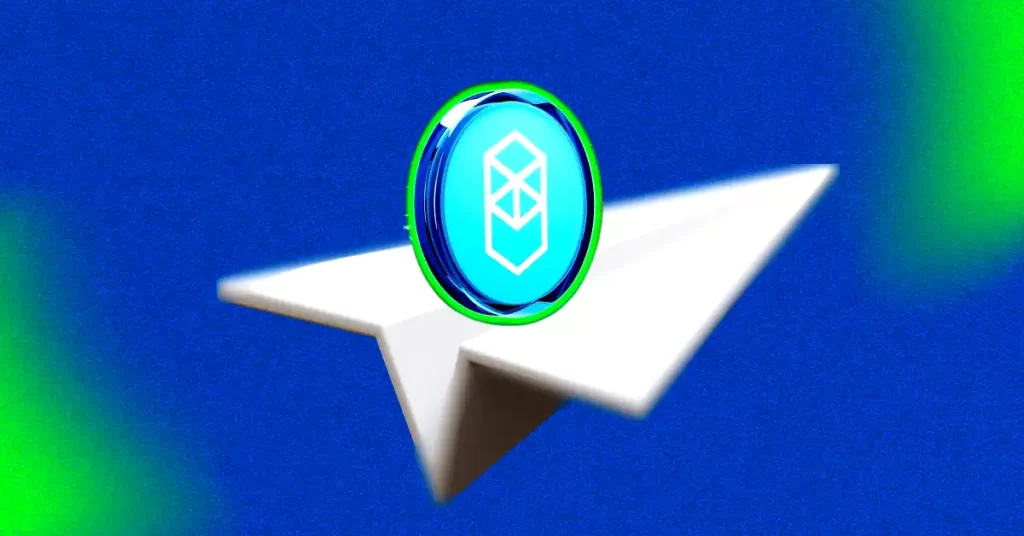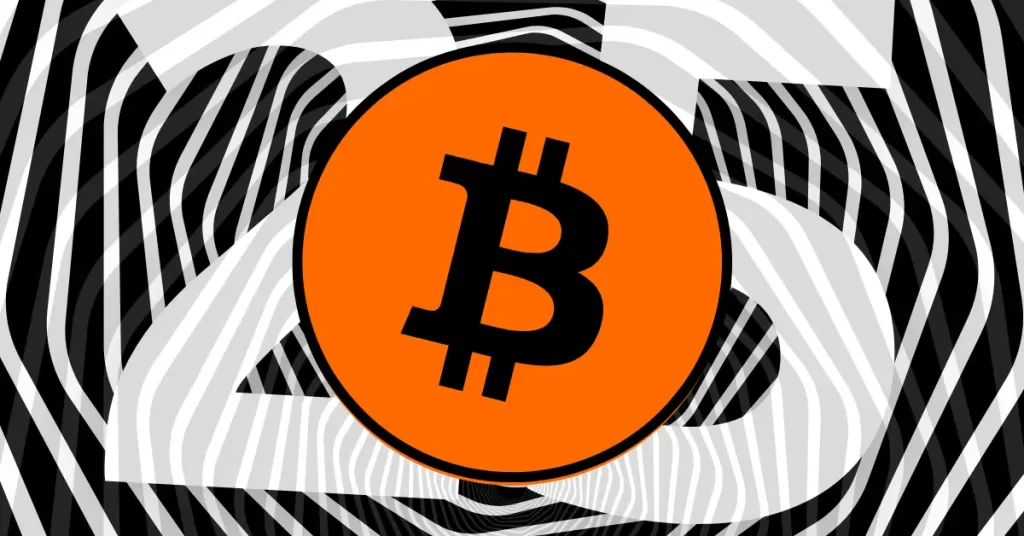
The post WikiLeaks Uses Bitcoin to Preserve 76,911 Afghan War Logs appeared first on Coinpedia Fintech News
In one of the unique uses of Bitcoin, WikiLeaks, led by Julian Assange, is launching a big project called Project Spartacus to protect 76,911 secret documents about the war in Afghanistan. These documents, which reveal important details about U.S. military actions, civilian deaths, and interrogation techniques, will be stored on the Bitcoin blockchain, making them impossible to erase or hide.
Why It Matters
The Afghan War Logs were a huge deal when they were released in 2010. They showed the truth about the war in Afghanistan, including things the public didn’t know. To make sure this information can never be lost or hidden, Assange’s team is putting them on Bitcoin’s blockchain, where they’ll stay forever. Even if WikiLeaks’ website gets shut down, these documents will always be available.
How It Works
Project Spartacus will use Bitcoin’s blockchain to store these 76,911 files. They’ll be turned into small pieces of Bitcoin called satoshis, using a tool called Ordinals. This process will start on December 12, 2024, and will take some time because there are so many documents. Once they’re on the blockchain, they can’t be changed or erased.
Interestingly, this project is more than just storing documents—it’s also about remembering Julian Assange’s role in the fight for free speech. Assange’s team isn’t trying to raise money from this project; instead, they want to honor his legacy by putting these important files on Bitcoin, a decentralized system that can’t be controlled or stopped by any government.
Bitcoin’s Power to Protect Information
What makes this project so special is Bitcoin’s ability to protect information from censorship.
Julian Assange’s story is tightly connected to Bitcoin’s early days and its mission of resisting censorship. When traditional banks blocked WikiLeaks from receiving funds, Bitcoin became a lifeline, raising over $30 million to help with Assange’s legal battles. This showed the world how Bitcoin could stand strong where traditional systems failed.
Even Bitcoin’s creator, Satoshi Nakamoto, noticed this and worried about the sudden spotlight on the new currency back in 2010. Assange proved how Bitcoin could support free speech by keeping WikiLeaks running despite global financial roadblocks, making it a real-world example of Bitcoin’s power to fight censorship.
With Project Spartacus, WikiLeaks is not just preserving history—it’s making sure it’s never erased.

 1 month ago
24
1 month ago
24









 English (US) ·
English (US) ·